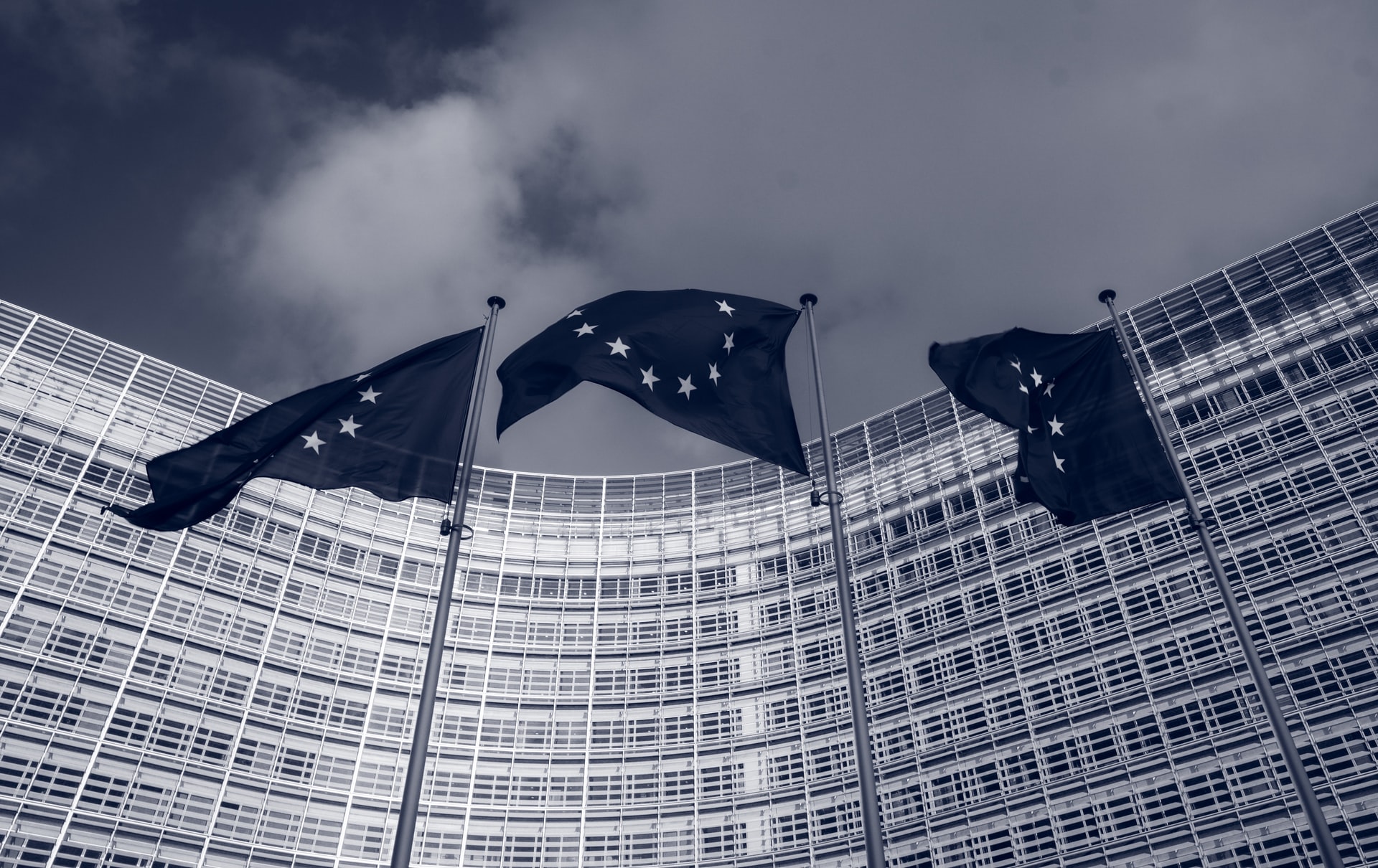The EU Parliament’s Committee on the Environment, Public Health and Food Safety, or ENVI, has adopted a report by the European Commission on the reform of EU procedures and control measures on waste shipments, to boost Europe’s circular economy, resource efficiency and zero-pollution goals, it said Dec. 1.
The EC had initially presented its proposals on waste shipments in November 2021.
Under the proposal, all EU companies that export waste outside the bloc should ensure that the facilities receiving their waste are subject to an independent audit showing they manage the waste in an environmentally sound manner.
Members of the European Parliament supported the EC’s proposal to explicitly prohibit shipments within the EU of all wastes destined for disposal, except if authorized in limited and well-justified cases.
The EC would develop uniform criteria for the classification of waste to ensure that the rules are not circumvented, according to the adopted report.
The new rules would include digitalizing the exchange of information and documents within the internal market, according to the EU Parliament. Storing information in a central electronic system would improve data reporting, analysis, and transparency, the MEPs said.
MEPs also agreed that EU exports of hazardous waste to non-OECD countries should be prohibited. EU exports of non-hazardous waste for recovery would be allowed only to those non-OECD countries that gave their consent and demonstrated their ability to treat this waste sustainably, MEPs said.
The EC would draw up a list of such recipient countries, to be updated at least every year, and it would also monitor waste exports to OECD countries more closely to ensure that they manage waste in an environmentally sound manner, as required by the rules, and that they do not adversely affect the management of domestic waste in that country, EU Parliament said.
In addition, MEPs called for the creation of an EU risk-based targeting mechanism to guide European countries that carry out inspections to prevent and detect illegal shipments of waste.
Other measures proposed in the adopted report include the exclusion of exports of plastic waste to non-OECD countries and phasing out export of plastic waste to OECD countries within four years; making the requirements to demonstrate that the waste shipped is managed in an environmentally sound manner more stringent; and building a partnership with the waste sector in the context of climate dialogue and the EC’s annual reports.
“Fully utilizing waste as a resource should be an essential element of our transition to a circular economy,” MEP Pernille Weiss said.
“I am happy that today we could come together in support of a balanced approach on shipments of waste: it ensures safeguards for human and environmental health, while providing the necessary framework for industry to deliver on our ambitions. I hope that in this way, the EU can become a world leader in an innovative, sustainable use of waste,” he added.
The report is scheduled to be adopted during the January 2023 plenary sitting and will constitute the parliament’s negotiating position with EU governments on the final shape of the legislation.
The waste shipments include steel and non-ferrous scrap, meaning that EU scrap metal exports to third countries will be allowable only if it can be done sustainably.
The EU is the world’s largest exporter of ferrous scrap, with 2021 total export of ferrous metals scrap reaching 19.5 million mt, representing 48% of all exported recyclable materials, according to Eurostat data.
In October, Europe’s association of plastics manufacturers, Plastics Europe, joined a group of organizations representing all levels of the plastics value chain of Europe to call for the revision of the Waste Shipment Regulation by the European Parliament and Council, to support the EU’s 2050 circularity and net-zero targets.
— Sotirios Frantzanas at Chemical Week






